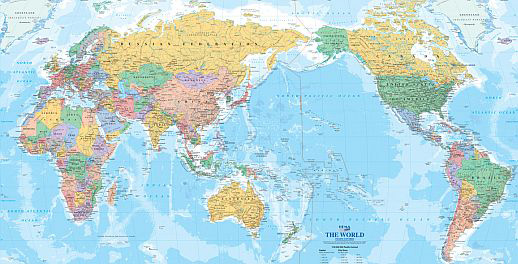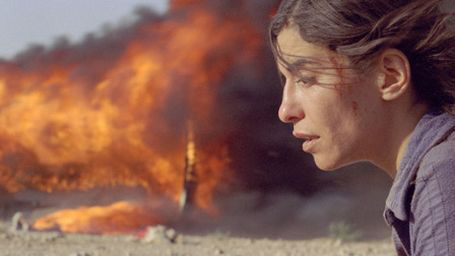
|
|
The cities, towns and villages listed directly above represent just a mere handful of the locales within the more than 80 countries that sent cinema from their lands to the 29th annual Vancouver International Film Festival.
This year’s film festival is drawing to a close, Thursday, October 14th the final full day of the 29th edition of our beloved little film festival by the sea.
And what a Festival it’s been: 256 tremendously involving feature-length films, 150 shorts, 87 Canadian films, 30 British Columbia productions, 43 features and 21 shorts from Asia, 32 films from France, 9 films from Africa (Chad, Congo, Kenya, Ethiopia, Malawi, Tanzania, South Africa, Zanzibar), 98 feature-length documentaries, and more, much more. Each autumn for 16 days, those of us who reside in the northwest corridor of our continent are allowed the opportunity not just to visit countries across our far flung globe, but to gain an insight into the values, the wants, the needs, the politics, the education system, the grimy poverty-ridden streets and pristine beaches, and gain too a keen, and deep and abiding insight into the people, the men and woman and children who live in some little town or thriving metropolis located in every corner and landscape of our vast world.
![]()
![]()
![]()
On this last full day of the Festival, we managed to catch three films …

Echoes of the Rainbow (Grade: B): A loving family fable about a mother, father and their two young sons, director Alex Law’s Hong Kong Oscar nominee employs an almost surreal, magical realist construct to tell its romantic story of love and loss. Set in 1969, just before the first landing on the moon, this semi-autobiographical yarn is filled with whimsy, pathos, laughter and the ties that bind us, one and all, together into our family pact of life on this planet. All and all, quite wonderful, and even moreso because VIFF brought Mr. Law to Vancouver for an informative audience Q&A.

Incendies (Grade: B+): Vancouver Observer film critic Volkmar Richter’s favourite film at the Festival, Genie award-winning director Denis Villeneuve’s follow-up to Polytechnique goes deep inside the lives of twins Jeanne (Mélissa Désormeaux-Poulin) and Simon (Maxim Gaudette), who receive two letters after the death of their mother Nawad (Lubna Azabal) — one to deliver to the father they thought was dead, the other to deliver to a brother they never knew existed. Set amidst the civil war in Lebanon in the late 1950s, between the Christian Phalangists, Fatah (PLO) and Sunni Muslims, Villeneuve offers twisty, turny fare in a film that is evocative, lyrical and sometimes viciously violent on the road to delivering an unexpected ending that, while moving, seems to this writer to be just a little too stagily off-kilter in its cinematic / theatrical resolution. Powerful, though. Incendies recently became Canada’s best foreign language Oscar nominee for 2010.

October (Grade B): A laconic story of redemption with enigmatic, almost verging on mute characters, October fascinates because of its setting amidst the slums of Lima, Peru (after all, how often are we provided with an insight into life among the poor in Lima?), but as to the bittersweet story itself, this 2010 Un Certain Regard Cannes’ winner fails to involve sufficiently as it relates its tale of middle-aged, cold-hearted moneylender Clemente (Bruno Odar) and maternal spinster neighbour Sofia (Gabriela Velasquez), who collaborate to raise a 3-month-old baby girl who has been left at Clemente’s door by a hooker he had made pregnant. Syrupy and perfunctory, with subtle strains of religious imagery throughout, October proved winning enough at the screening, but not necessarily memorable (although, one never knows what impact a film has had until days later).